SEATTLE, WA — May 21, 2025 — In a significant pivot that signals a more decentralized and diversified approach to artificial intelligence, Microsoft has officially expanded its AI ecosystem by incorporating models from Anthropic and xAI, moving beyond its exclusive dependence on OpenAI. This development was announced at the Microsoft Build 2025 conference and marks a strategic evolution in Redmond’s AI roadmap.
Anthropic’s Claude Powers New GitHub Copilot Agent
On the main stage in Seattle, Jay Parikh, Executive Vice President of Microsoft’s newly created CoreAI engineering division, revealed that Claude Code—Anthropic’s AI model specialized in code generation—will now operate alongside OpenAI’s Codex within the upgraded GitHub Copilot. This autonomous coding agent is built to handle complex development tasks with minimal human guidance.
Microsoft acquired GitHub in 2018 and initially relied on OpenAI’s Codex to fuel Copilot. But starting in 2024, Microsoft began experimenting with multi-model integrations, including Claude, and now fully supports this parallel model deployment.
“Developers want openness and choice, and that’s exactly what we’re delivering,” said Parikh.
Microsoft Azure Embraces xAI’s Grok 3
In another headline-making move, Microsoft CEO Satya Nadella announced that Grok 3 and Grok 3 Mini, developed by Elon Musk’s xAI, are now accessible through Azure AI Studio. These models, which compete with GPT-4 in performance benchmarks, represent a growing alternative in the generative AI market.
This strategic addition positions Microsoft as a neutral platform player, enabling developers to select models based on use-case specificity—whether for code completion, enterprise automation, or conversational AI.
A Shift in the Microsoft–OpenAI Relationship
The timing of this diversification is notable. According to reports from the Financial Times, Microsoft and OpenAI are currently renegotiating the terms of their multibillion-dollar partnership. The restructuring of OpenAI into a public benefit corporation (PBC) has prompted new discussions about governance, control, and product differentiation.
OpenAI remains a key partner—ChatGPT, often considered the flagship application of the generative AI era, still runs entirely on Microsoft Azure, leveraging services such as Azure VMs, Kubernetes, and Cosmos DB. But Redmond’s moves indicate that it is preparing for a future where OpenAI is no longer the sole pillar.
A Competitive Landscape: Amazon, Google, and the AI Model Wars
Microsoft’s expansion comes amidst intensifying competition from other cloud giants:
- Amazon Web Services (AWS) has also partnered with Anthropic, with Claude being a central model on Bedrock, AWS’s AI platform.
- Google Cloud continues to integrate its own Gemini family of models while maintaining ties with Anthropic and Cohere.
At Google I/O 2025, held concurrently in California, Google introduced Gemini 2.5 Pro with multimodal capabilities and tighter integration with Android development workflows.
This fragmentation signals a broader industry shift toward multi-model environments, where developers can leverage different models tailored to task-specific needs.
Altman’s Virtual Appearance: A Nod to AI Agent Future
Sam Altman, OpenAI’s CEO, made a virtual appearance at Build 2025, describing autonomous agents as a seismic shift in software development. He emphasized that AI models are evolving from simple code autocompleters to “virtual teammates”, capable of handling end-to-end tasks, running parallel workflows, and integrating deeply within environments like GitHub.
Altman’s comments echoed sentiments from earlier this year, when OpenAI launched Codex 2.0, a standalone research preview built for complex multi-step programming workflows.
Infrastructure as the Foundation
Scott Guthrie, EVP of Microsoft’s Cloud + AI Group, underlined the company’s investment in infrastructure, noting a 93% drop in inference costs for large language models (LLMs) over the past two years. This cost reduction has democratized AI access for startups and enterprises alike.
“ChatGPT is the canonical app of this era,” Guthrie said, “and it runs entirely on Azure.”
Vision for an Open AI Future
Kevin Scott, Microsoft’s CTO, offered a philosophical outlook during analyst briefings, calling for an AI ecosystem that mirrors the open web. He warned against proprietary lock-ins and emphasized the importance of interoperability among models and platforms.
“Agents will only reach their potential when they can talk to everything in the world,” Scott said.


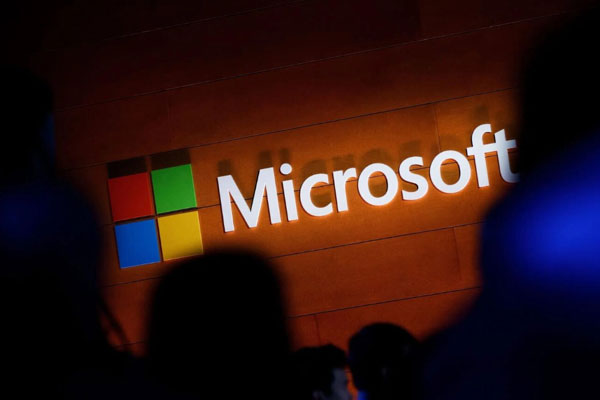


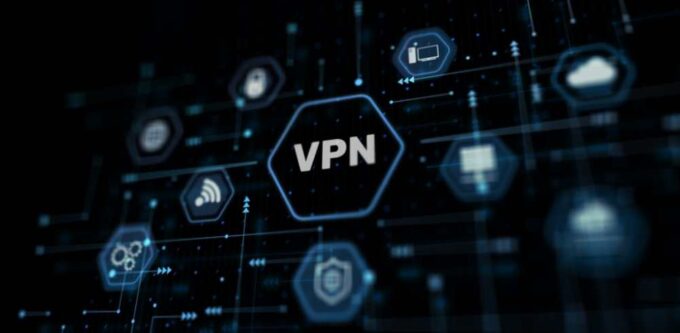




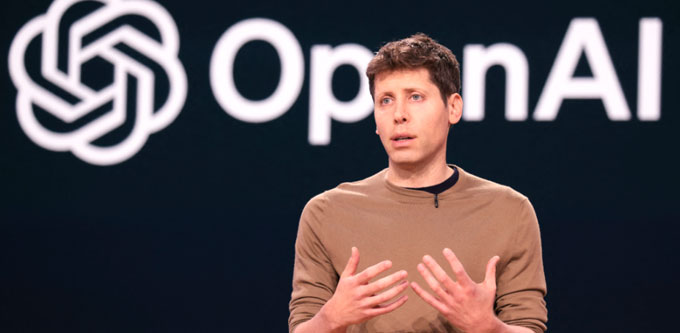
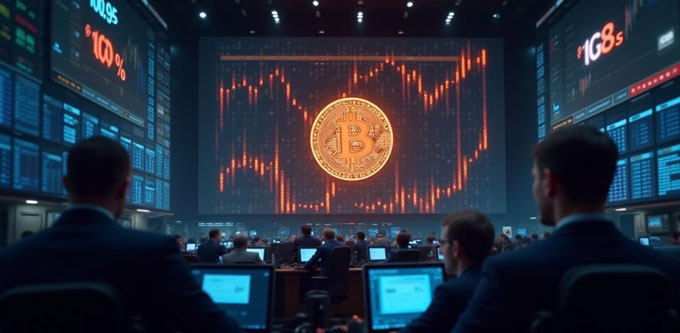
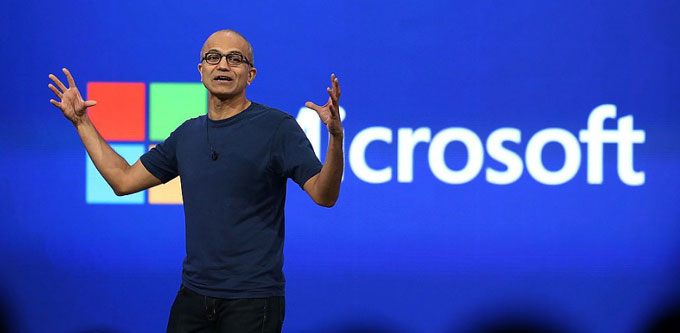



Leave a comment